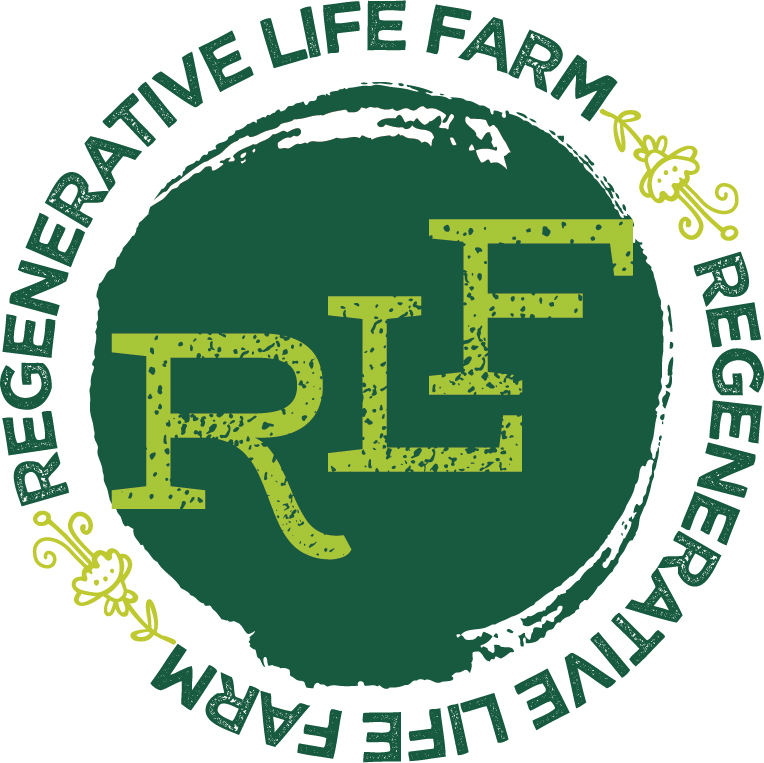Rotifers
This appeared in the January 6, 2022 edition of The Fish Wrap.
Last week we talked about Nematodes. Now we continue our soil food web safari with Rotifers, another important nutrient cycler. Named for the wheel-like cilia that surround their mouths, they look bizarre and impressive through a microscope, vacuuming up everything in sight! They live in water-filled pores in soil and creep along until they’re ready to feed, then they anchor themselves. They play an important role as decomposers of soil organic matter, making nutrients available for uptake by plants.
Rotifers are the size of single-celled organisms like amoebas, but they are proper animals, with 1,000 cells that comprise several fully functional organ systems. They have a digestive tract and a reproductive system. They have a muscular organ system that controls their locomotion and the cilia that move in waves around their mouths creating a vortex. Their nervous system includes a brain, antennae and tiny eyes that are just a single photoreceptor cell. Other sensory cells detect changes in pressure, light and chemicals and even the presence of predators.
Those sensory and muscular organs come in handy when Rotifers are trying to stay alive by avoiding predators like tardigrades, the notorious water bear. Their digestive system allows them to hoover up organic detritus and cycle nutrients. Their reproductive system is fascinating. Aquatic Rotifers reproduce sexually like other animals. But soil-inhabiting Rotifers belong to the Class Bdelloidea. All Bdelloidea Rotifers are female and reproduce parthenogenetically, meaning an embryo develops from an unfertilized egg.
The mighty Rotifers are also extremophiles, meaning they can survive extremely harsh conditions. In June 2021, biologists brought back to life some bdelloids who had been frozen for 24,000 years in Siberian permafrost! They survive by going dormant and drying up when conditions are poor. When conditions improve, they come back to life without aging or degenerating.
